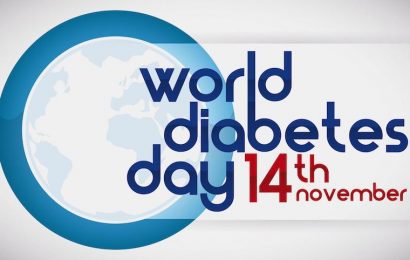It’s no secret that many, if not most, foods and beverages advertised on television are not exactly healthy. Advertisements for sugar-laden soft drinks vastly outnumber those for milk, just as ads for high-calorie snacks are seen far more than ads for fresh fruits and vegetables. Usually, food and beverage advertisements feature unknown actors who emphasize how great the product tastes, or how fun it is to consume. But when an advertisement features someone who is far from unknown — say, a famous actress or a professional athlete — viewers tend to associate that person’s talent, beauty, or athleticism with the product being promoted. That’s why many companies pay top dollar for celebrity endorsements: Basketball star Kobe Bryant, for example, reportedly took home $12 million a year for his endorsement deal with McDonald’s a decade ago.
But as Bryant’s example shows, there is often a disconnect between the healthy image of an athlete and the nutritional content of the products he or she endorses. A study published last week in the journal Pediatrics sought to identify the prevalence of unhealthy foods in advertisements featuring athletes, as well as identify the worst-offending athletes. According to an article on the study in the Los Angeles Times, of the 512 brands or products endorsed by 100 top athletes in 2010 (the year of the study’s data), 122 represented food and beverages. Almost 80% of the 49 endorsed food products were deemed high in calories and low in nutrients by the researchers, while 93% of the 73 endorsed beverages got all of their calories from added sugar. Sports beverages represented the largest category of food-and-beverage endorsements, followed by soft drinks and fast food. Adolescents ages 12–17 were the group most likely to see commercials featuring these products.
As noted in another article on the study in Toronto’s Globe and Mail, athletes were given a rating, on a scale of 0 to 100, reflecting their “negative marketing and nutrition impact,” with lower scores being more negative. This rating took into account both how much of an impact an athlete’s advertising had, and how negative that impact was based on the food and beverage products being advertised. The worst-scoring athletes were football star Peyton Manning, with a score of 28.9; tennis star Serena Williams, with a score of 32.4; and basketball star LeBron James, with a score of 42.7. Manning endorsed such brands as Papa John’s and Pepsi, while Williams endorsed Oreos and James endorsed McDonald’s.
Athletes aren’t the only people caught in controversy over food and beverage endorsements. Last year, celebrity chef Paula Deen encountered heavy criticism when she revealed that she had been diagnosed with Type 2 diabetes three years earlier, and that she had just made an endorsement deal with a pharmaceutical company. Critics scolded Deen for revealing her diabetes only when she stood to make money off the information, and for hiding her diabetes for three years while promoting unhealthy food. Deen’s defenders, however — including DiabetesSelfManagement.com‘s own Jan Chait — noted that many other chefs offer unhealthy recipes, yet Deen seems to have been singled out for criticism, perhaps because of her Southern mannerisms and Type 2 diabetes.
What do you think — should athletes be scorned for endorsing unhealthy foods and beverages? Could public pressure force athletes to stop endorsing these products, just as they no longer promote tobacco products? Is it worse to use an athlete, rather than a nameless actor, to promote an unhealthy food or beverage? Should people with diabetes be held to a higher standard of nutrition when endorsing or promoting a food? Leave a comment below!




